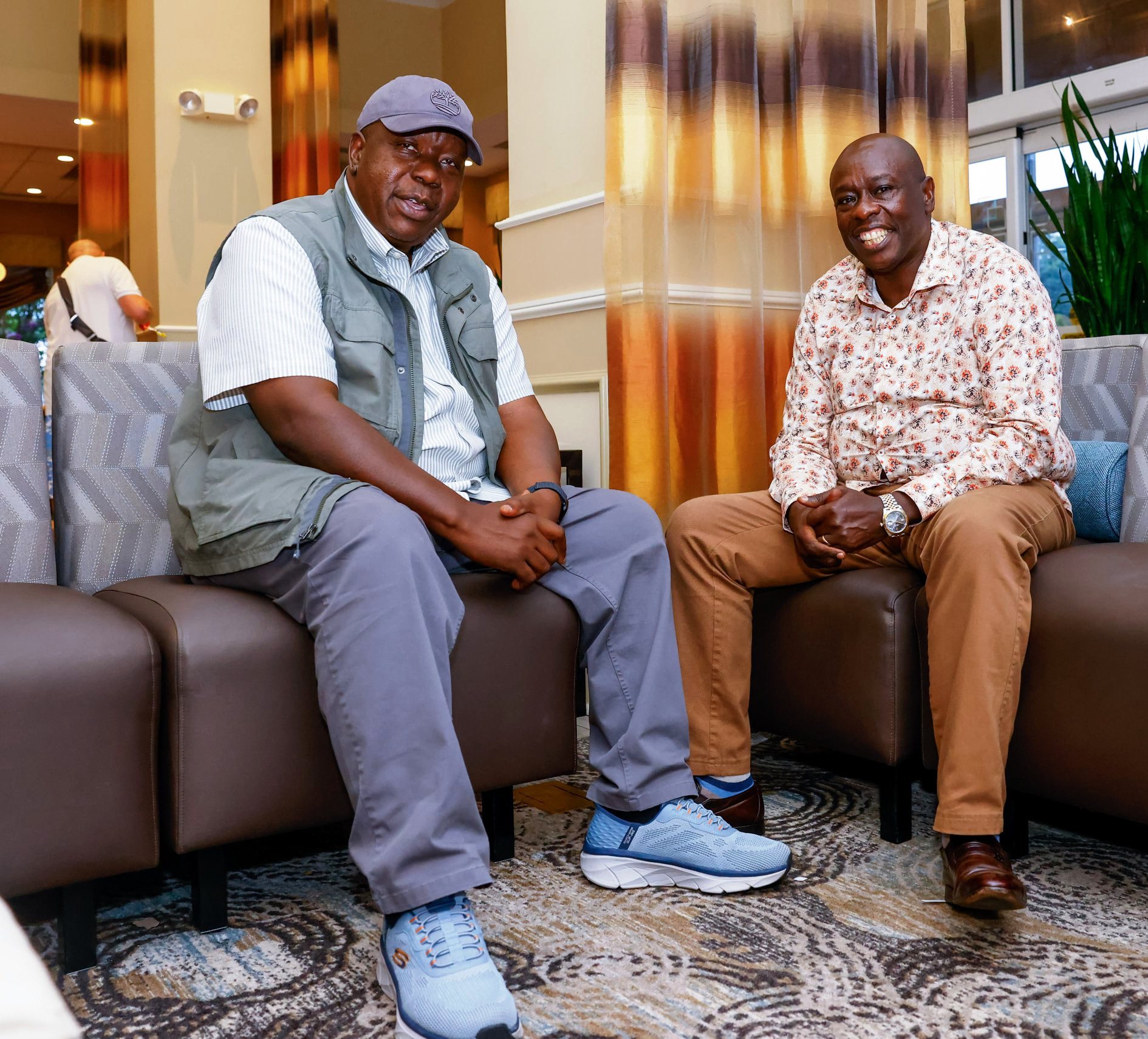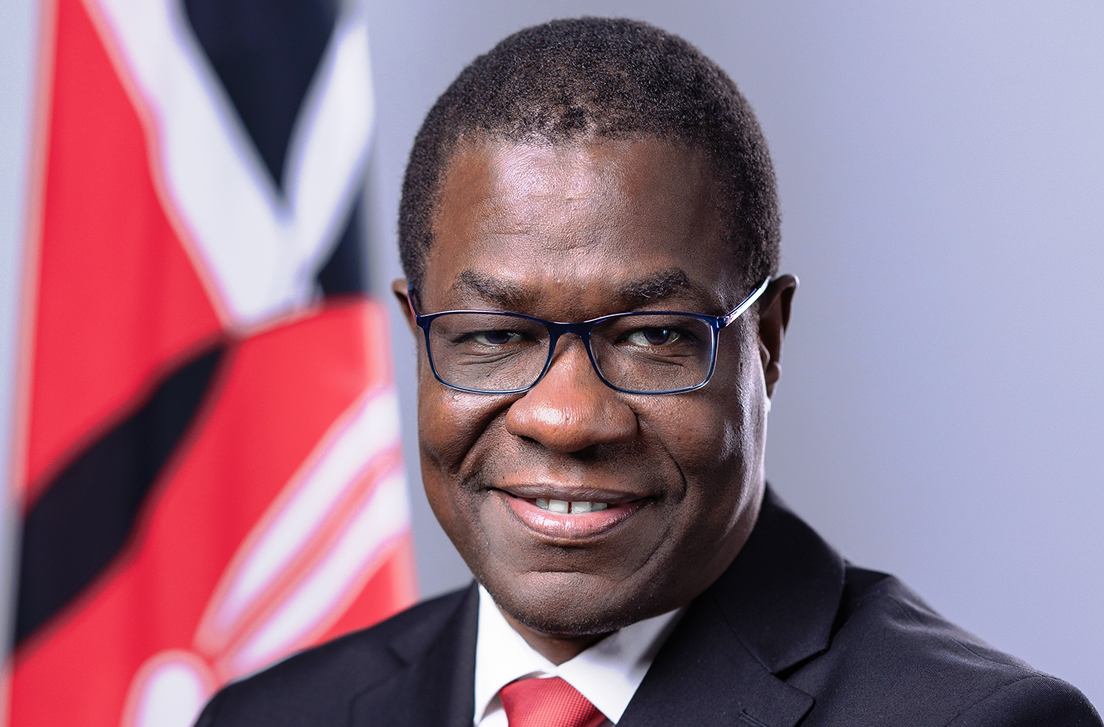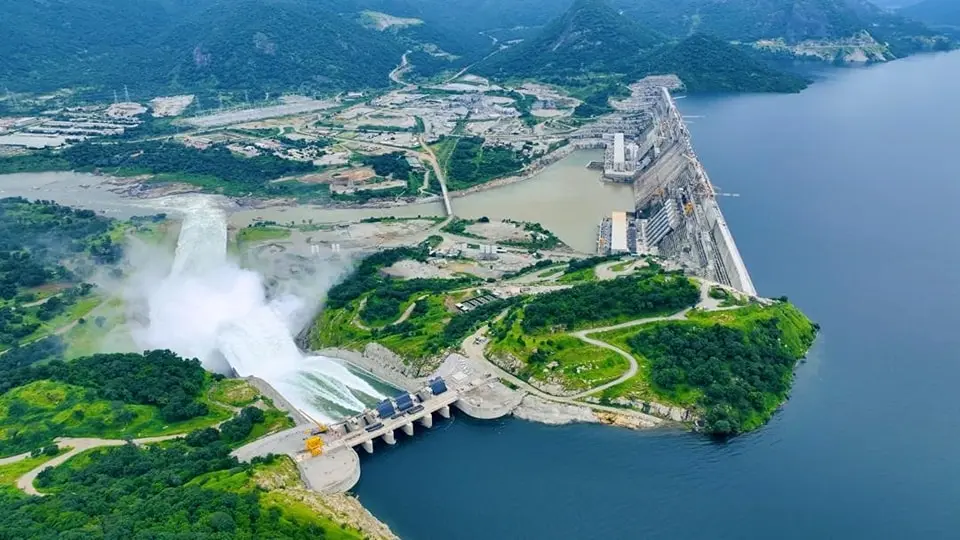Speaking on American soil during a political tour, Gachagua alleged that the president held a secret night meeting with three senior Al-Shabaab figures to discuss undisclosed “business” arrangements. He also claimed Ruto was funnelling support to Sudan’s Rapid Support Forces (RSF), a paramilitary faction accused of grave human rights violations.
The remarks sent ripples through Kenya’s political class, with Deputy President Kithure Kindiki and Interior CS Kipchumba Murkomen demanding that Gachagua present himself to police for questioning upon his return. But the former deputy president was defiant, insisting that his accountability lies with the US Senate, not Kenyan law enforcement. “The American Senate is investigating. Kenyan police cannot objectively probe the president because they work under him,” he argued.
In a biting retort, Gachagua accused Kindiki of having his own questionable history with the militant group. He cited the February 2025 abduction of five chiefs in Mandera, claiming they were freed two months later after the Interior CS publicly declared that negotiations with Al-Shabaab would take place. “If he can negotiate with them, he surely knows who they are,” Gachagua said.
The political drama is now spilling into Washington, where Idaho Senator Jim Risch is leading a push to re-examine Kenya’s “major non-NATO ally” status. The Senate inquiry, which is scrutinising alleged links to Al-Shabaab and RSF as well as Nairobi’s deepening trade ties with China, could have far-reaching consequences for military cooperation and foreign aid.
For Ruto’s administration, the allegations come at a perilous moment, with both domestic critics and international lawmakers questioning Kenya’s reliability as a counter-terrorism partner. Whether the claims hold water or not, the fallout is already threatening to shake the very foundations of the country’s strategic alliances.
[/full]





